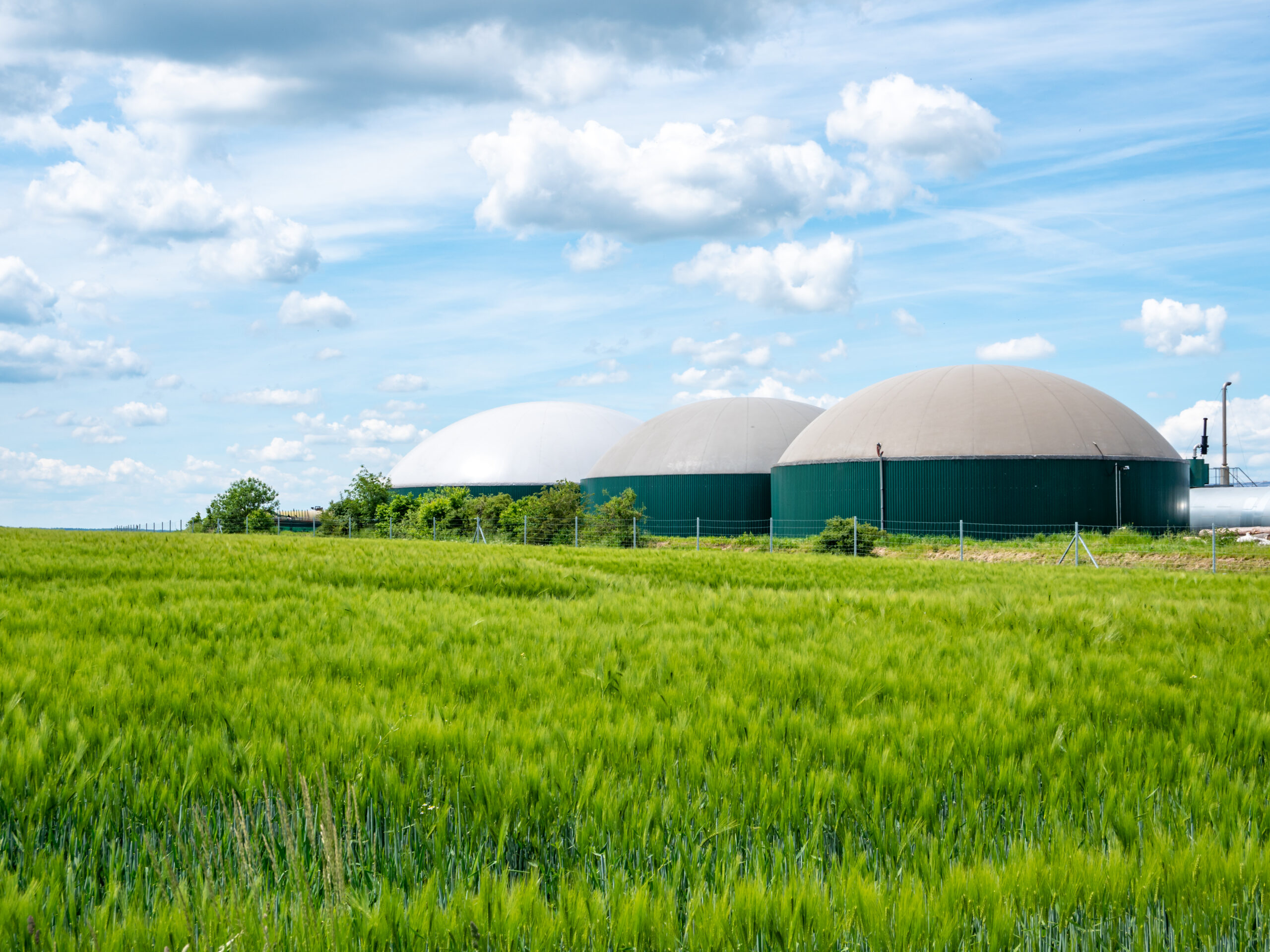Anaerobic Digestion

Optimizing Farm waste
Anaerobic digesters are a vital component for farmers in terms of managing farm waste, generating renewable energy, and producing valuable byproducts. SingleTrack’s flocculants can help farms comply with new Low Carbon Fuel Standard (LCFS) legislation in the USA by enhancing biogas production through feedstock pre-thickening. SingleTrack polymers also assist in post AD nutrient recovery, ensuring maximum stackable solids and efficient liquid collection for land applications.
Some of the value that our customers currently see by working with SingleTrack Solutions are:
Reduced Sludge Handling Costs: Efficient separation reduces the volume of sludge and helps with dewatering, ultimately lowering transportation and disposal costs.
Better Nutrient Management: Concentrated solids can be used as nutrient-rich fertilizer, while the liquid portion can be further treated for reuse or land applied.
Customized Solutions: We offer flocculants tailored to the specific waste composition of each farm, ensuring maximum effectiveness in solid-liquid separation.
Cost-Effectiveness: Our flocculants are designed to provide superior performance at a competitive price, helping farmers achieve better results without breaking the bank.
Environmentally Friendly: SingleTrack’s flocculants are developed with sustainability in mind, ensuring they do not introduce harmful chemicals into the waste stream.
Easy Integration: Our products are compatible with existing separation equipment, making it easy for farms to integrate our solutions into their current operations.
How SingleTrack Solutions Will Support You
At SingleTrack Solutions, we understand the value of continuous support and the role it plays in ensuring your operations run smoothly. Through various methods, SingleTrack will be with you every step of the way, ensuring you have continued support and guidance as required.
The steps we take to ensure our customers feel supported include:
Product Screening: Conducting small-scale tests to determine the most effective flocculant and dosage for a specific waste stream is crucial before full-scale implementation.
Continuous Monitoring: Regular monitoring of the separation process ensures that the flocculant is working effectively and adjustments can be made as needed.
Training and Maintenance: Ensuring that farm staff are trained in the proper handling and application of flocculants, as well as maintaining the separation equipment, is key to sustained performance.